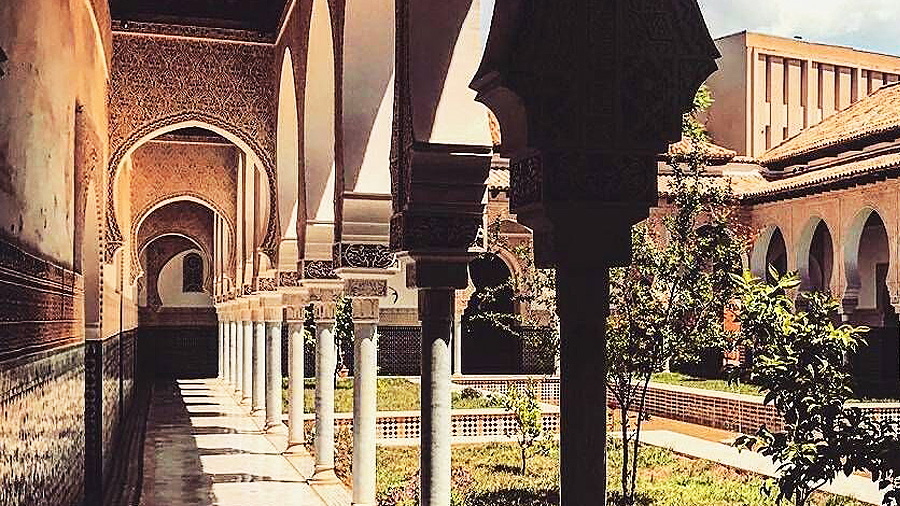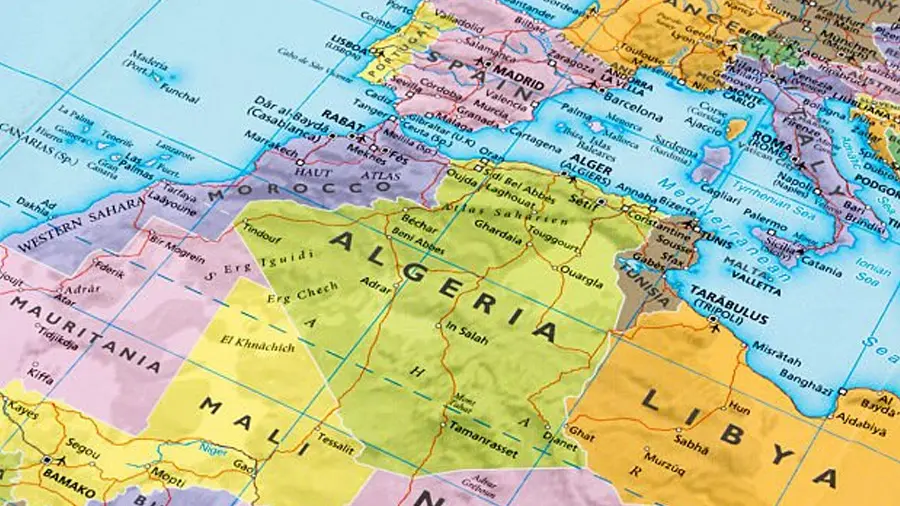· 3 min read
The Linguistic Landscape of Algeria: A Personal Journey
The Algerian language’s complexity, dialectal variety, and code-switching make it nearly impossible to translate accurately with AI tools. These challenges lead to inaccuracies and biases, especially in qualitative research analysis.

Algerian language, with its unique blend of influences and dialectal variability, is one of the most difficult languages to automatically translate using AI translation tools. The language’s complexity, extensive code-switching, and substantial differences from Modern Standard Arabic pose significant challenges for accurate automated translation. These can result in inaccurate translation and biases in the findings analysis of qualitative research project.
Let’s dive in and understand why these challenges arise
Growing up with connections to both Algeria and France, I navigated a bilingual environment, effortlessly switching between French and Algerian Arabic (Derja). This wasn’t problematic, as everyone around us spoke Derja. In high school and university, we used French more due to our studies and environment.
Throughout my career, I worked with people from across the Arab world and frequently encountered misconceptions about Algerian language use. Many assume Algerians speak only French fluently, overlooking Derja, our unique dialect of Arabic.
My work took me to various countries, starting with Egypt. Despite being aware of the distinct Arabic spoken in Egyptian media, I found it challenging to be understood and communicate effectively with Egyptians until I adapted to Egyptian Arabic. This experience underscored the complex linguistic landscape of Algeria, often misunderstood by outsiders.
So, what are the languages spoken in Algeria?
Algeria’s linguistic landscape is difficult. Officially, Arabic and Berber are the languages of the country, but in practice, the situation is more nuanced. Modern Standard Arabic (MSA), while being the official language used in formal settings, is not commonly spoken in daily life. Instead, Algerians predominantly use Derja, Berber dialects, and French.
Languages Spoken in Algeria
Algeria’s linguistic landscape is a complex tapestry of languages and dialects, reflecting its rich history and diverse cultural influences.

Is it Derja or Algerian Arabic or simply Algerian langauge?
Derja: The primary mother tongue, distinct from Modern Standard Arabic (MSA), incorporates Berber, Punic, Latin, and has some loanwords from French, Arabic, Ottoman Turkish and Spanish. Certainly, French has heavily influenced Derja, especially in terms of vocabulary related to technology, science, and daily life. All Algerians incorporate French terms into daily discourse, sometimes intertwining Derja and French seamlessly in a practice known as code-switching.
Berber (Amazigh): An ancient language, Berber is still spoken in several dialects, including Kabyle, Mzabi, and Tamahaq. Recently gaining official language status, Berber underscores internal debates about national identity and ethnicity.
French: A legacy of colonialism, French remains widely spoken and is the first foreign language taught in schools. Despite its colonial past, French is integral to education, international communication, and cultural identity. Over 30% of Algerians speak French fluently, making Algeria one of the largest French-speaking countries globally.
English: Recently receiving more attention, English is slowly becoming more prevalent in schools, indicating a potential shift in linguistic priorities.
In summary, Algeria’s linguistic landscape is a complex tapestry of languages and dialects, reflecting its rich history and diverse cultural influences. Understanding this landscape is crucial to appreciating the country’s unique identity.